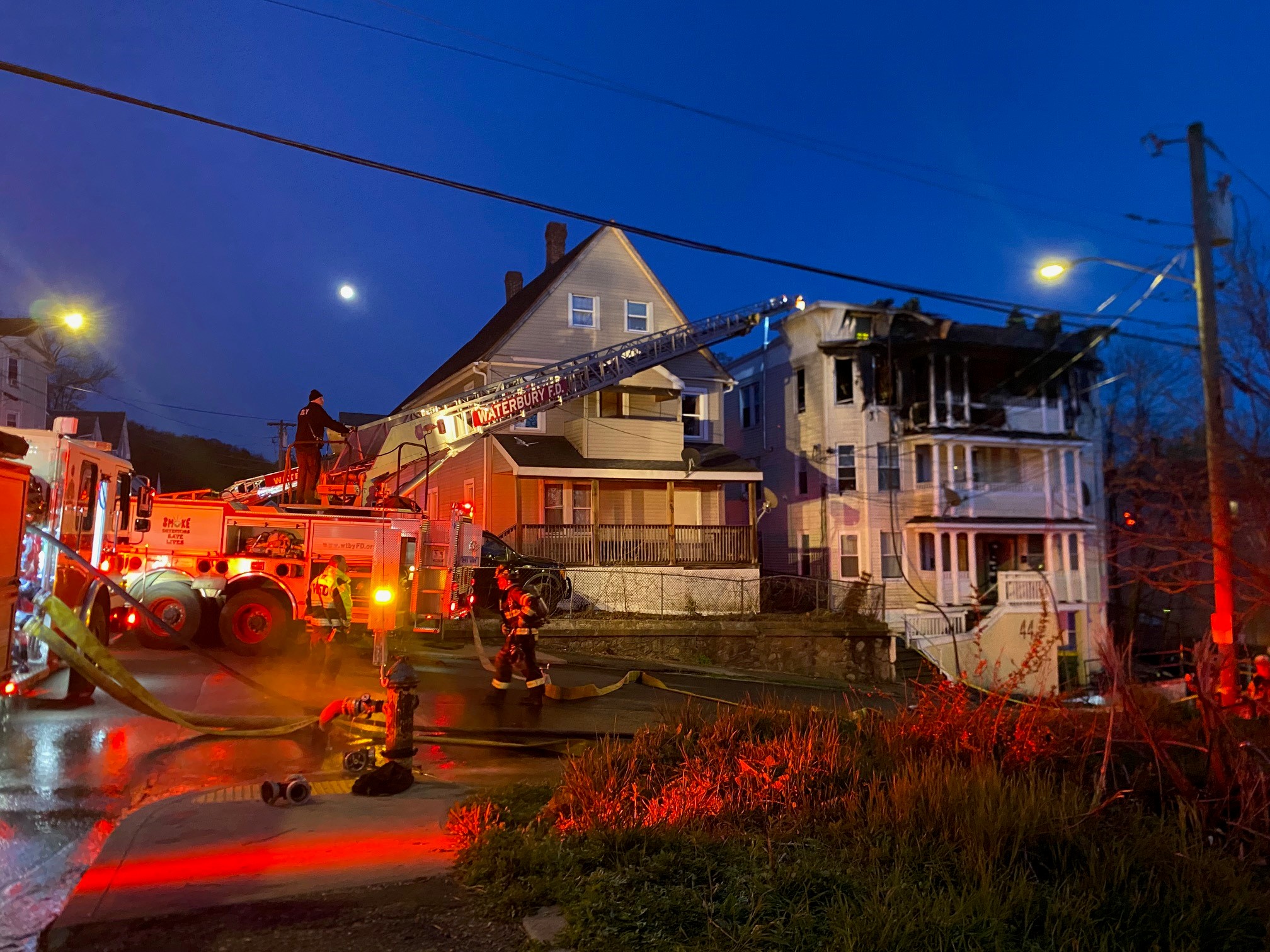
The Connecticut Police Officers Standards and Training Council amended its use of force policy to include a prohibition on the use of chokeholds and neck restraints, the group's chairman announced Friday.
The council met Thursday for a special session to amends its Connecticut Law Enforcement Standards and Practices.
In addition to banning chokeholds, the council also requires an officer to intervene and report cases of misconduct by other officers.
"The duty of a police officer to intervene when they witness another police officer using excessive, illegal force on another person, is clearly established under federal case law," said the group's chairman, Milford Police Chief Keith Mello, in a press release. "Further, police officers receive training at the recruit level, of their obligation to intervene and report misconduct."
According to Mello, all municipal departments must comply with the standards from the council and must update their policies to reflect these changes to be at least equal to the standard.
The council amended section 16 of its use of force policy to state:
The agency has a policy concerning the use of force including deadly force that complies with current state and federal law. The use of force policy must explicitly address a law enforcement officer's duty to intervene and report unreasonable, excessive, and/or illegal use of force. The policy shall include the following provisions:
Local
a. A guideline, use of force response matrix or other continuum where an individual/suspect/offender's actions dictate responsive use of force levels;
b. A requirement that officers deploy de-escalation/calming strategies and/or verbal Press Release warnings prior to the use of force when feasible;
c. A prohibition against the intentional use of a chokehold or other method of restraint applied to the neck area of another person, including but not limited to, (1). Arm bar hold, (2). Carotid artery hold, (3). Lateral vascular neck restraint, (4). Neck restraint or hold with a knee or other object is prohibited. The use of a choke hold or neck restraint may only be used when the use of deadly physical force is authorized.
d. A listing of the lethal and less lethal weapons authorized by the agency;
e. A mandate that officers receive and are trained in the policy prior to carrying any lethal or less lethal weapons;
f. Describes the initial training and in-service training requirements for all weapons;
g. A requirement that an officer who directly observes a use of force that is unreasonable, excessive or otherwise in violation with the agency’s use of force policy and/or a violation of state or federal statute (illegal), shall contact a supervisor as soon as practicable;
h. A requirement that an officer will act to intervene and stop the unreasonable, excessive, or illegal use of force by another police officer;
i. A requirement that officers who have knowledge of excessive, unreasonable, or illegal use of force against a person shall notify a supervisor and submit a written incident report to a supervisor in a timely fashion;
and j. A prohibition against retaliation for any officer that intervenes against excessive use of force, reports misconduct, or cooperates in an internal investigation



